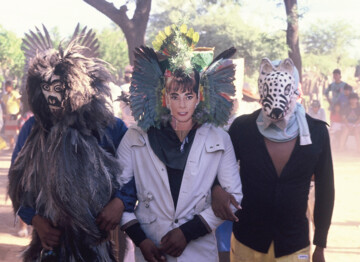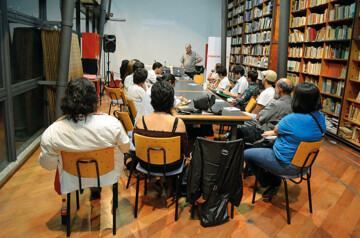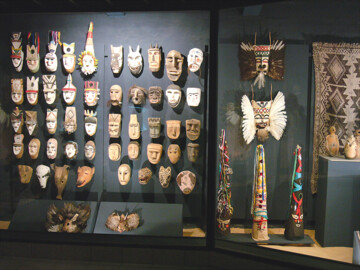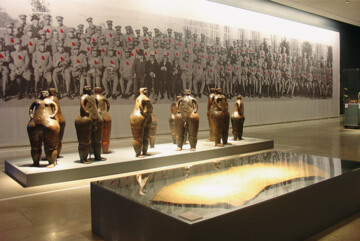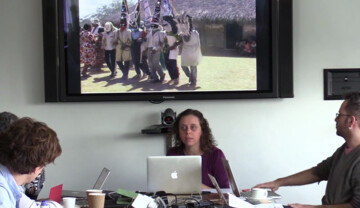In Guarani1, the language spoken by the majority of the Paraguayan population, there are two different words for the first person plural: ñande, an inclusive we, and ore, an exclusive one. That is: ñande includes the recipient, ore, excludes her.
Since the beginning, starting from language itself, “we” does not have a totalizing or homogenizing status. In Guarani culture, and by extension, the culture of Paraguay, different registers exist to name ourselves and therefore for us to become community, society, citizenry. These two versions of “we” configure, in some manner and on the basis of language, a different way of understanding identities.
This differentiation between the “we” that includes and that which excludes occurs only within the relationship between the speaker and the recipient of the statement. The person who speaks and names herself along with others will include or exclude said recipient following to the demarcation she sets, and will change when the recipient or her function within the statement changes.
This idea of a “we” with porous borders, that is modified according to the idea of belonging or not belonging to a social or cultural group, is one that may serve the purpose of thinking about new ways of conceiving institutions, of thinking about otherness, of constructing citizenship.

